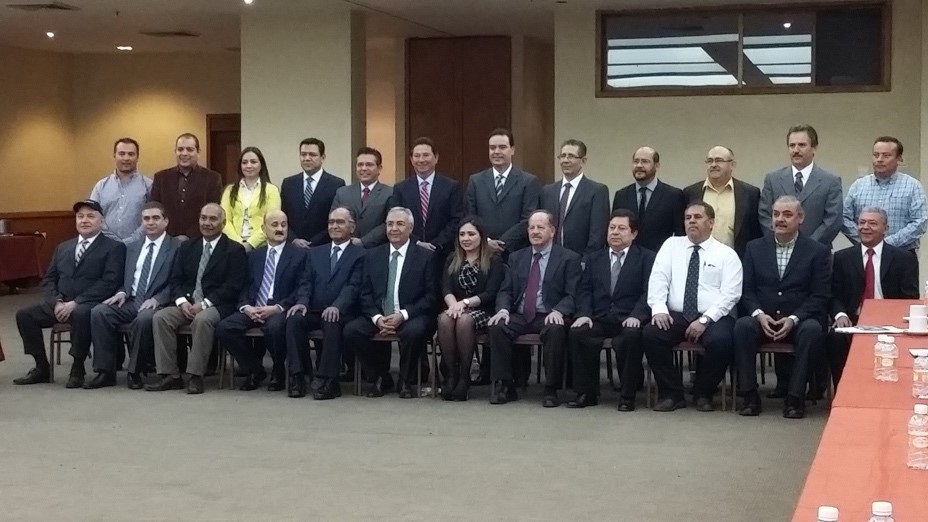
Hermosillo, Sonora, Mexico, 26 November 2015.
River basin councils emerged in Mexico in 1992 following the passing of the National Water Law. They are conceived as spaces of coordination between the different levels of government, users and organised society, with the objective of reaching agreements for the benefit of the watersheds. In 2004, the Law was amended and the Integrated Water Resources Management (IWRM) approach was formally introduced in Mexico, and the river basin councils were included and considered responsible for contributing to IWRM. However, the river basin councils do not have a real impact on water management at the basin scale. Below are three of the main obstacles that have limited the work of the river basin councils.
The current legal framework operationally restricts the performance of river basin councils as policy binding agencies. The National Waters Law grants the river basin councils a series of very limited functions that are mainly oriented to cooperation, coordination and agreement activities between different government entities and users. This law does not contemplate powers of authority or decision making that may be translated directly into action. In most cases, observations and recommendations are made, which need the approval of government authorities.
The structure of the river basin councils has not yet reached the optimum levels of representation. It may sound paradoxical, but even when the stakeholders participating in a council are part of society, they do not necessarily represent the community as a whole. Instead, they defend particular interests that are not necessarily beneficial to the watersheds. In addition, not everyone can be part of these organisations. Participation is limited to government agencies, users and organisations that are recognised by the Law, and that amounts to a very small fraction of the sectors involved in water management.
The autonomy and decentralisation of river basin councils in Mexico is an ongoing issue. Attempts by government authorities to decentralise water policy in the country remain unconcluded. In practice, the National Water Commission, as part of the federal government, remains the highest authority. Its influence on the structure of the river basin councils is significant, mainly due to the lack of financial autonomy that makes them dependent on the government for this, and for significant regulatory, operational and logistic provisions.
In summary, river basin councils have moved slowly to become true IWRM-oriented organisms. Currently, they do not have the legal and operational tools that would allow them to significantly impact the watersheds. Structural changes are needed to change the dynamics, and to equip them with the tools they need to function as true authorities in watershed management.
Erik M. Parra obtained his PhD in Social Sciences from El Colegio de Sonora. He currently works as a research assistant at the Center for Studies in Government and Public Affairs of El Colegio de Sonora, Hermosillo, Sonora, Mexico. Contact: erikmparra@gmail.com
